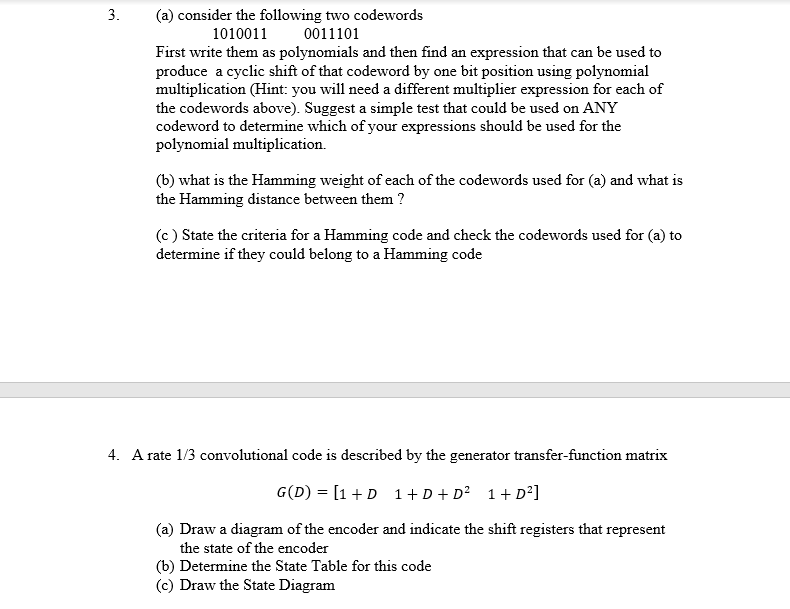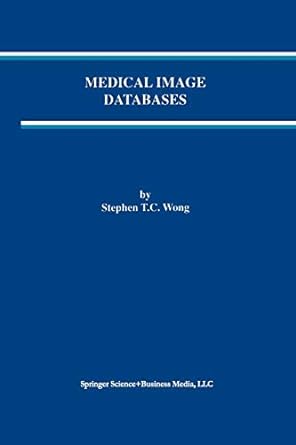Answered step by step
Verified Expert Solution
Question
1 Approved Answer
3. (a) consider the following two codewords 1010011 0011101 First write them as polynomials and then find an expression that can be used to produce

Step by Step Solution
There are 3 Steps involved in it
Step: 1

Get Instant Access to Expert-Tailored Solutions
See step-by-step solutions with expert insights and AI powered tools for academic success
Step: 2

Step: 3

Ace Your Homework with AI
Get the answers you need in no time with our AI-driven, step-by-step assistance
Get Started


